Summary
- Deku’s various quirks – particularly Blackwhip, Fa Jin, and Danger Sense – present unique strengths and limitations.
- Some quirks are more practical in combat situations, while others require supplemental gear to be effective.
- Blackwhip emerges as the most versatile and valuable quirk for Deku, offering a wide range of applications in battle.
|
Title |
My Hero Academia Final Season |
|
Director |
Naomi Nakayama, Kenji Nagasaki (Chief Director) |
|
Studio |
Bones |
|
Premiere Date |
10/2025 |
Warning: The following contains spoilers for My Hero Academia, now streaming on Crunchyroll.
My Hero Academia‘s Izuku Midoriya went from having no powers to possessing a full arsenal of them by the end of Season 7 thanks to the transferrable quirk passed down to him: One For All. However, the closer this series gets to its ending, the more One For All feels like an all-or-nothing proposition, so would any of Deku’s quirks – taken on their own – be sufficient to make him #1?
For the majority of the series, One For All manifested as an immense store of raw energy, which Deku and past users could release to deal devastating blows or propel themselves great distances. It was early on in Season 5 that Deku started to tap into the quirks of past wielders, increasing his arsenal immensely, and leading to him possessing six unique quirks in addition to One For All.

Related
My Hero Academia Season 8 Release Date Announced
My Hero Academia fans don’t have wait too long for the final season.
Setting Up the Thought Experiment
Imagine that Deku loses One For All, BUT he gets to choose one quirk from his arsenal to keep forever. That means disqualifying the super strength (or, vast store of energy) inherent to One For All, and not just the ability to hold multiple quirks. If that kind of power was on the table, it would be sort of a no-brainer for Deku, and the goal is to think outside the box – something Deku is great at.
What remains are six quirks that – combined – give Deku an extremely versatile skill set, but that – alone – are often highly situational and with a much lower power ceiling. It bears remembering that each of them – Blackwhip, Float, Danger Sense, Smokescreen, Fa Jin, and Gearshift – are typically augmented by One For All’s innate strength. To adequately judge them, these quirks need to be completely divorced from One For All’s energy boosts.
As one will quickly find, this makes certain quirks seem practically useless without a boost. Then again, My Hero Academia is a series full of characters with obtuse, often specific abilities, the practicality of which the writing goes to great lengths to illustrate. It invites and even demands a bit more creativity, and becomes a question of not only the unexplored potential of these quirks but also which ones would fit Deku’s personality.
One For All’s Least Practical Abilities
Everyone’s rankings of Deku’s quirks will be different, but it shouldn’t be hard to single out Float as one of the least useful. Just based on etymology alone, there’s a big distinction between “floating” and “flying” and the latter would not have been possible with this quirk without something like Deku’s Air Force move to propel him. Otherwise, it’s just midair suspension.
Smokescreen, by comparison, is immediately more practical in combat scenarios for reasons that are self-explanatory, but its applications are rather limited. Additionally, being able to create a smokescreen is more fitting for a stealthy, perhaps ninja-type hero, which doesn’t quite fit with Deku’s typical aesthetic. Convenience aside, there’s a reason why this quirk first manifested during his Dark Hero arc – it paired well with his gloomier, edgier mindset at the time.
Danger Sense is equally self-explanatory, far more fitting for Deku as a character, and arguably even more practical. Alongside Blackwhip, it’s another quirk that draws comparison to Spider-Man, but its downsides are twofold. First, it won’t trigger without malice – something that became a problem when facing Himiko Toga, and second, being able to detect a threat doesn’t mean being able to avoid it. Without superpowered speed and agility, Deku’s options are limited up to a certain point.
Overcoming These Quirks’ Limitations
Something to keep in mind – regarding the aforementioned quirks and going forward – is the potential to supplement Deku’s weaknesses with support gear, something he already does with One For All. His gauntlets, gloves, and boots are all carefully designed to help him make the most of his powers and compensate for weaknesses, allowing him to respond fluidly to any situation.
Back in 2022, I wrote a feature pondering what it would be like if Deku stayed quirkless, forcing him to rely on his intellect, strategic planning, and encyclopedic knowledge of quirks. The same concept applies here, but rather than being quirkless, he’d simply be molding his gadgets around a single quirk. Added propulsion for Float, ninja-esque tools to compliment Smokescreen, perhaps an agile exoskeleton for Danger Sense, and so on.
One For All’s Top Three Quirks
The remaining three quirks have far more prominent advantages but come with more complicated drawbacks. In some cases, it’s hard to know how effective they would be on their own because the manga and anime only inform how they are enhanced by One For All. Gearshift is one such power, allowing the user to change the speed of objects as they move through space in ways that ignore the laws of inertia.
When Deku uses it in Season 7, he applies it to his body and enhances his various super moves, but in its base form, Gearshift is only known to work on smaller objects like projectiles. The original user, Kudo, fired blades and bullets, but it wouldn’t be hard to imagine Deku using Gearshift to fire nonlethal projectiles. The biggest downside would be the potential limits on how much Deku can alter a projectile’s velocity.
Next up is Fa Jin, perhaps the closest Deku could get to One For All without possessing One For All – at least in theory. Once again, it’s hard to know its potential as a standalone power, but through repetitive motion, Deku can build up kinetic energy and release it, giving him greater power and speed. It’s One For All but with less toll on the body and the added cost of having to build up that energy over time. It seems like the perfect compromise, but it’s still not the best choice.
One For All’s Most Valuable Quirk
It’s funny to think that Blackwhip was the first additional quirk that Deku acquired late into the game, yet it ended up being the best one of them all. The Spider-Man comparisons are not only apt but speak to its versatility and practicality. Deku can maneuver any terrain, grapple any opponent, and even entangle groups of foes. Whereas the applications of other quirks tend to be reliant on the innate strength of One For All, it’s not out of the question that Blackwhip is powerful on its own.
Out of all of Deku’s quirks, none is more versatile and practical while remaining true to his character as Blackwhip…
Unlike Fa Jin finding strength through repetitive motion, Blackwhip is powered through intense emotion, which narratively is like a free pass to give the character a boost when the stakes are high. The cost, then, is that a user can potentially lose control, but that is a manageable risk, not unlike One For All’s strain on Deku’s body already; over time, it can be mastered until negligible.
Out of all of Deku’s quirks, none is more versatile and practical while remaining true to his character as Blackwhip, and if he were only allowed to keep one, it’s hard to imagine him picking any other. Fans will get to see plenty more of Blackwhip and its many applications in Deku’s ongoing fight against Shigaraki when My Hero Academia returns this fall for its final season.

More
My Hero Academia Season 7: Peak Fiction
With solid directing, impeccable artwork, and generational feats of adaptive flair, Season 7 is My Hero Academia at its absolute best.


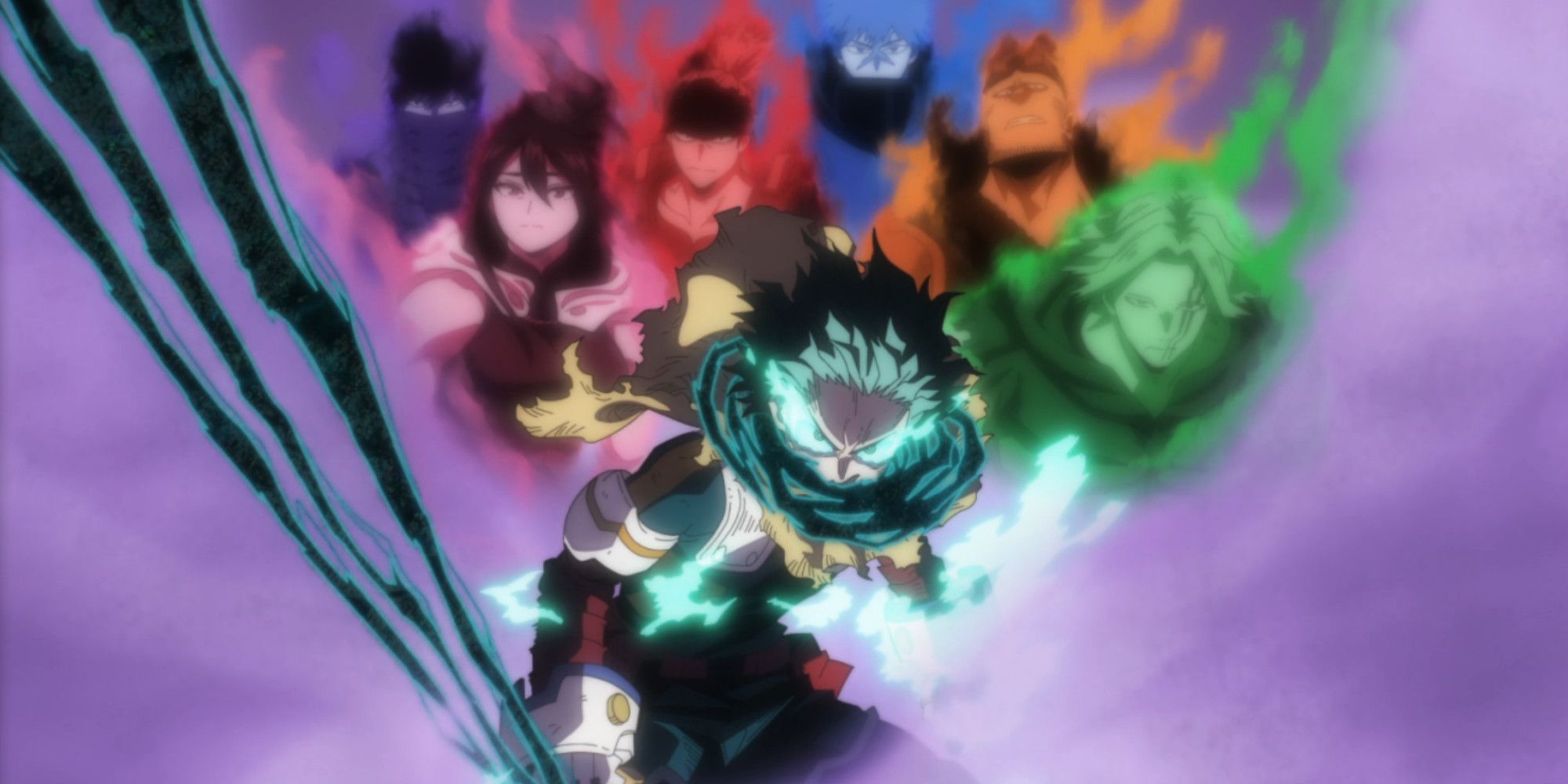
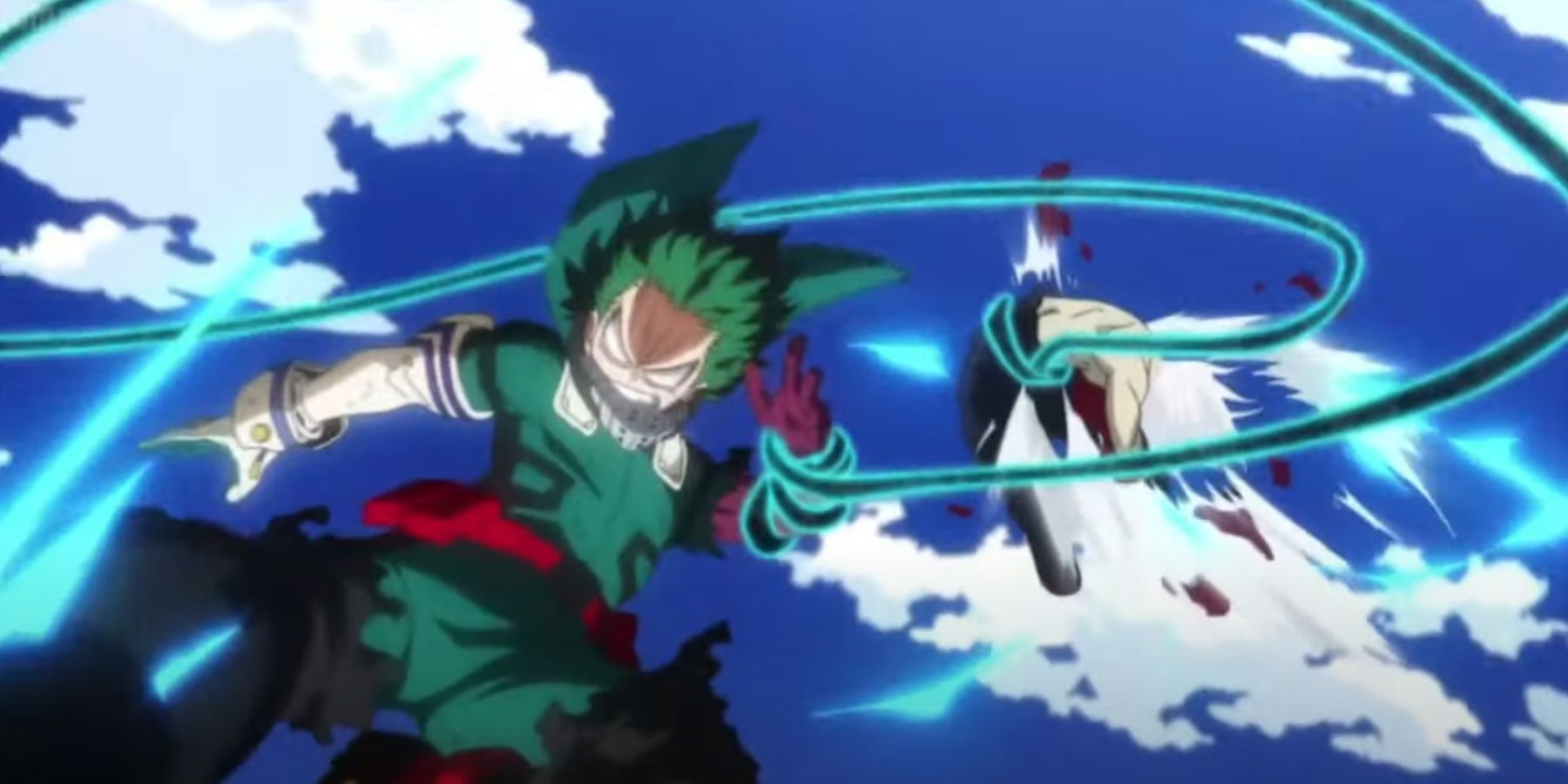
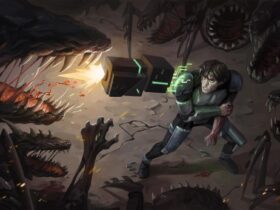
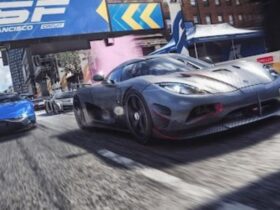







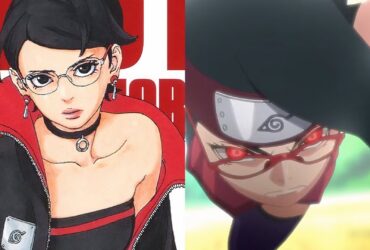
Leave a Reply